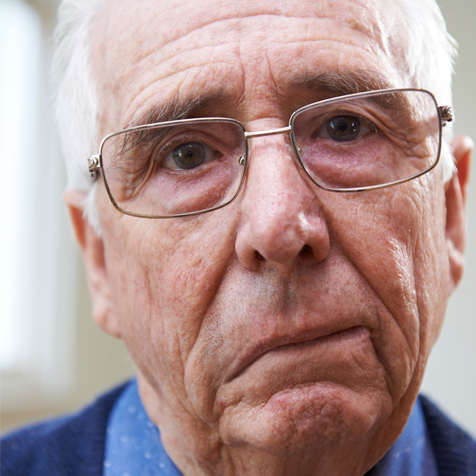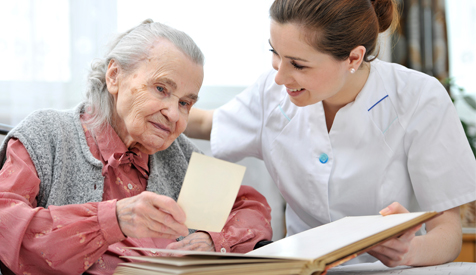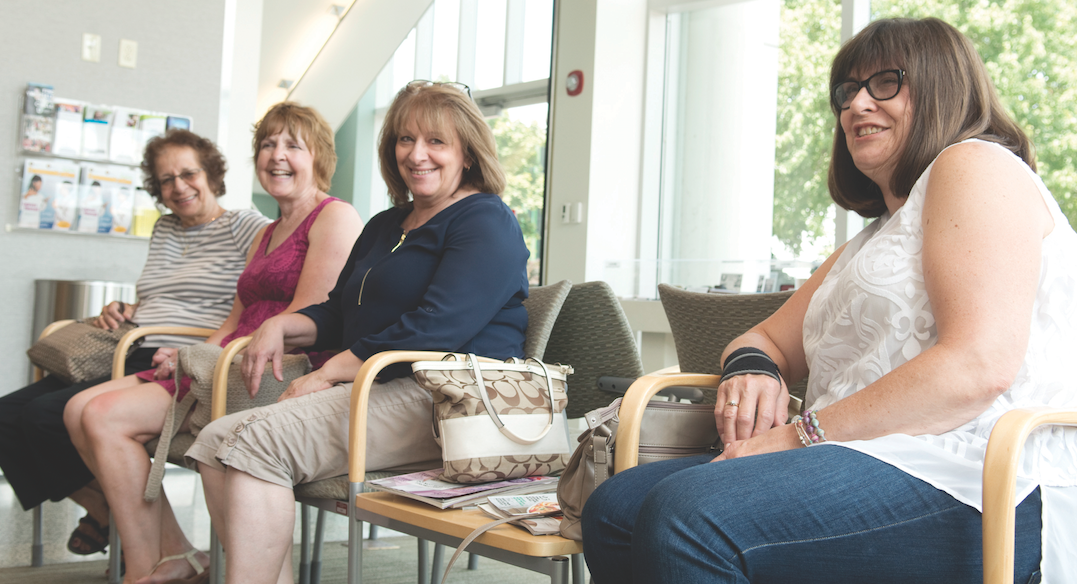After a stroke, the main focus for the patient, their family, friends, physicians, therapists and other health care professionals is often on their physical aspects. How far can the patient walk? Can the patient still get dressed with the use of just one hand? Can the patient safely swallow food and liquid without coughing or choking? Will the patient need to use oxygen after discharge to home? These are all issues that are visible and obvious.
Stroke and Depression Connection
Tags: Communication, Support, Stroke, Caregiving, Brain Injury
Signs and Symptoms of Concussion in Children
A concussion is a mild form of Traumatic Brain Injury (TBI) caused by a bump, blow, or jolt to the head. Concussions can also occur from a fall or a blow to the body that causes the head to move rapidly back and forth.
It is a common opinion that concussions happen mostly to football players. However, they can also occur while playing other contact sports such as soccer, as a result of a vehicular accident, or during a fall.
Tags: Teens, Support, Brain Injury, toddler
What is Aphasia?
Aphasia is a language disorder resulting from an injury to the brain, such as a stroke or head trauma. Aphasia involves varying degrees of communication difficulties in these areas:
Spoken Language Comprehension - otherwise known as “Receptive Language” or “Auditory Comprehension.”
Symptoms may include:
Tags: Speech, Language, Communication, Support, Stroke, Brain Injury, talking
What is Velopharyngeal Insufficiency (VPI) and how is it treated?
Tags: Speech, Language, Communication, Stroke, Brain Injury
Caregiver Support Group Meets at CHSC
A group of women sit together at the Cleveland Hearing & Speech Center in Cleveland while their loved ones complete their weekly stroke support group session.
Tags: Speech, Communication, Support, Stroke, Caregiving, Brain Injury














